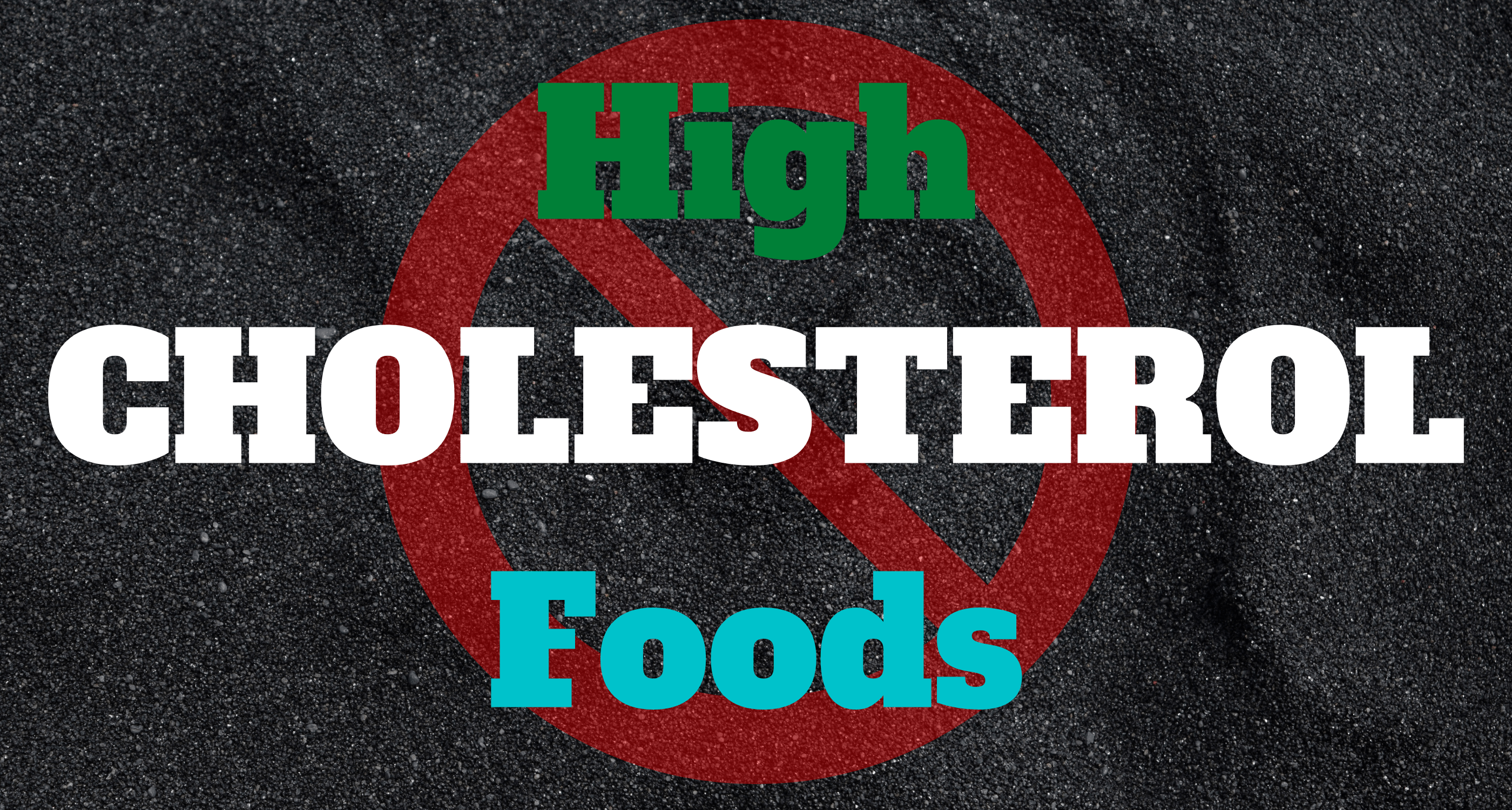As per WHO(World Health Organization), raised cholesterol is estimated to cause 2.6 million deaths (4.5% of total) and 29.7 million daily. Raised total cholesterol is a major cause of disease burden in both the developed and developing world as a risk factor for ischemic heart disease and stroke. Hence, it is crucial to make sure that we have our cholesterol levels in control. The easiest way to control cholesterol can be by avoiding high cholesterol foods.
What is Cholesterol?
Cholesterol is a waxy chemical present in animal-based meals as well as human cells. Our bodies require some cholesterol to operate effectively and can produce all of the cholesterol we require. In the body, cholesterol is needed to produce hormones and vitamin D. It also helps with digestion.
There are three main types of cholesterol in the body:
- High-density lipoprotein, or HDL. Often called the good cholesterol, HDL helps to remove excess cholesterol from your body.
- Low-density lipoprotein, or LDL. LDL is the bad or “lousy” cholesterol. It can lead to a buildup of plaque in the arteries.
- Very low-density lipoprotein, or VLDL. VLDL also tends to promote plaque buildup.
When there is an excess of cholesterol in the body, it accumulates. Plaque is a waxy deposit that adheres to the insides of the arteries. Blood flow via the arteries becomes harder when they narrow and clog. A blood clot, stroke, or heart disease can result from a blockage.
Which Foods to Avoid?
While some cholesterol is OK in your diet, excessive saturated fat is not. Saturated fat diets have been related to higher blood cholesterol levels and an increased risk of heart disease.
Saturated fats are densely packed fats that are solid at normal temperature because they lack double bonds in their chemical structures — because their structures include as many hydrogen atoms as possible and thus are “saturated” with hydrogen.
Guidelines released by many medical organizations, including the World Health Organization, have advocated for a reduction in the intake of saturated fat to promote health and reduce the risk of cardiovascular diseases.
Experts recommend limiting or avoiding the following “unhealthy” high-cholesterol foods, which are also high in saturated fat:
Processed Meats
Processed meats, such as sausages, bacon, and hot dogs, are high in cholesterol and should be avoided in your diet.
A big study with over 614,000 participants linked each additional 2-ounce (50-gram) portion of processed meat per day to a 42 percent increased risk of heart disease.
Refined Vegetable Oil
All refined vegetable oils undergo a process of hydrogenation to improve their shelf life. Try to use virgin or cold-pressed oils. Refined versions of safflower, canola, corn, and soy oil are harmful to your health.
Sugar
Yes, it is delicious. However, too much may cause weight gain, heart disease, diabetes, and cholesterol issues. It’s easier said than done, so try to minimize how much of this you consume.
Many of the “usual suspects” are certainly familiar to you: soda, sweet tea, candies, cakes, cookies, and ice cream, to name a few.
But did you know that sugar is added to foods you would not think of, such as spaghetti sauce and fast food? Many tomato ketchups, breakfast bars, and even tonic water are included.
Salt
Too much salt might contribute to high blood pressure. You’re undoubtedly already aware that canned soup and salty snack items are bad for you. Did you know it may also be found in bread and rolls, cold cuts and cured meats, pizza, some poultry products, and several fast-food sandwiches?
You might be shocked at how common it is in frozen meals. When in doubt, always read the labels. Do not exceed 2,300 to 2,400 mg per day.
Fried Foods
When food is fried, its nutritive value decreases, and trans fats increase making it very harmful. So avoid French fries and pakoras if lowering cholesterol is your aim.
Fatty cuts of red meat
Marbled steaks, pork, veal, and lamb are all examples. Red meat has more saturated fat than white meat and has been related to elevated cholesterol levels. The scientific community is now disputing this, however, the American Heart Association still recommends reducing red meat consumption.
Also, download this free ebook to control Cholesterol naturally
High Cholesterol Causes
Apart from an unhealthy diet, causes of high cholesterol may include:
- Heredity: Cholesterol or heart disease may run in the family.
- Comorbid diseases: Conditions such as diabetes, liver disease, kidney disease, and thyroid disease can increase your risk of having high cholesterol.
- Smoking: Cigarette smoking damages the walls of your blood vessels, making them more prone to accumulating fatty deposits. Smoking can also lower your level of HDL or good cholesterol.
- Age: Liver function may reduce with age and become less able to remove LDL or bad cholesterol.
- Obesity: Having a body mass index (BMI) of 30 or higher puts you at risk of high cholesterol.
- Lack of exercise: Lack of physical activity and exercise can increase bad cholesterol deposits in the arteries.

